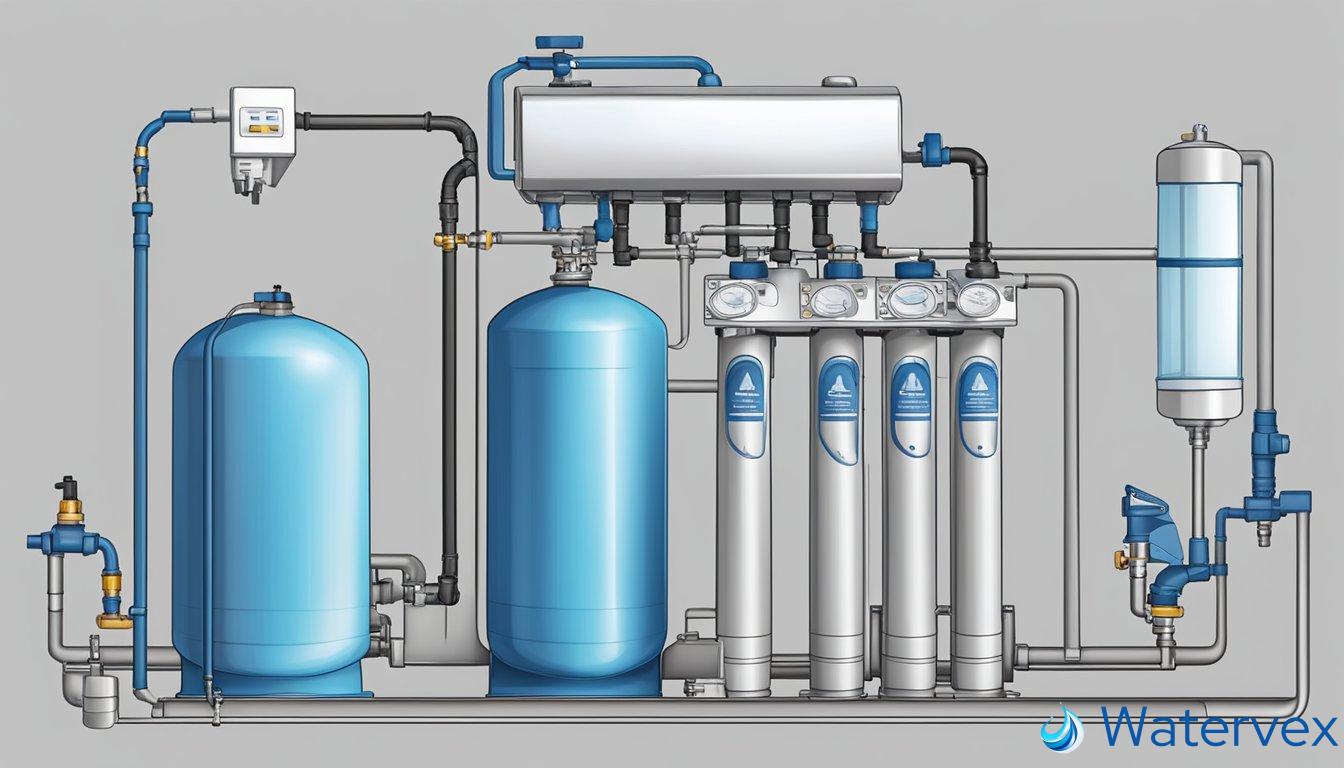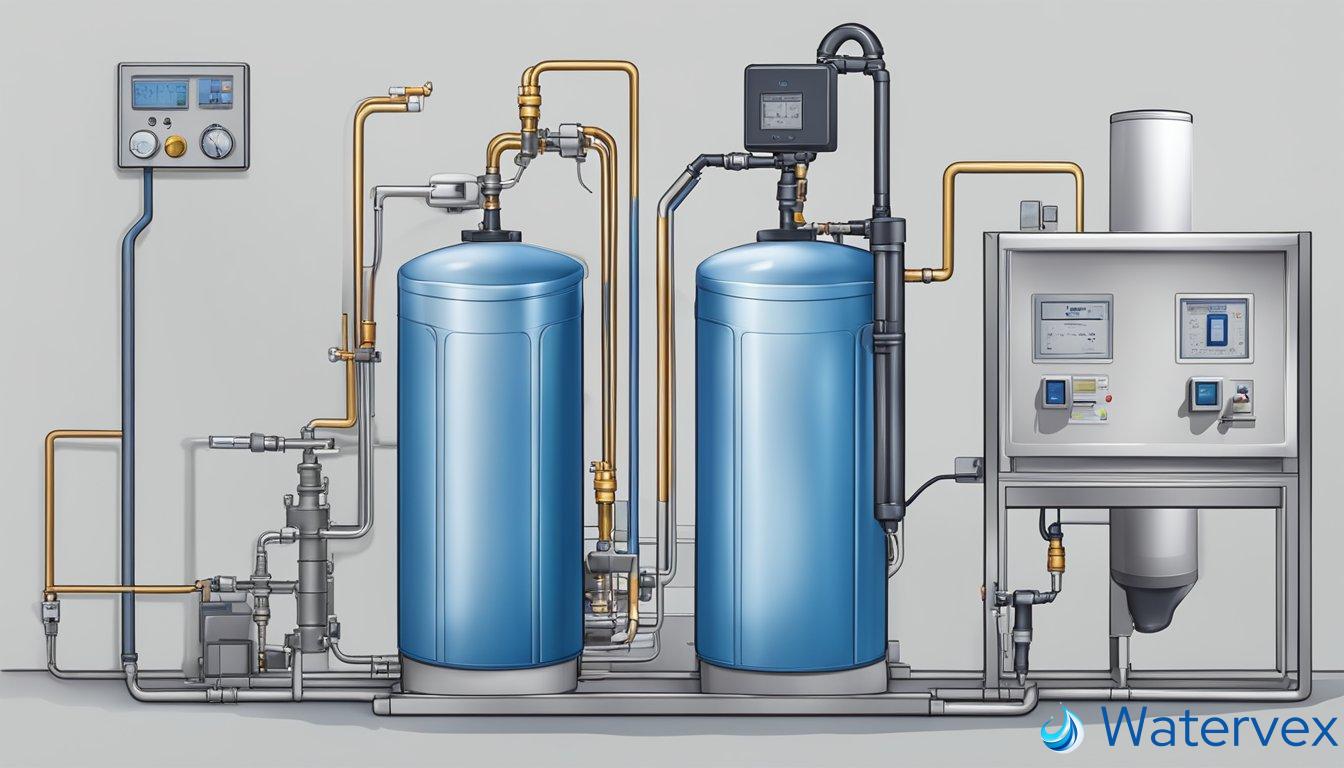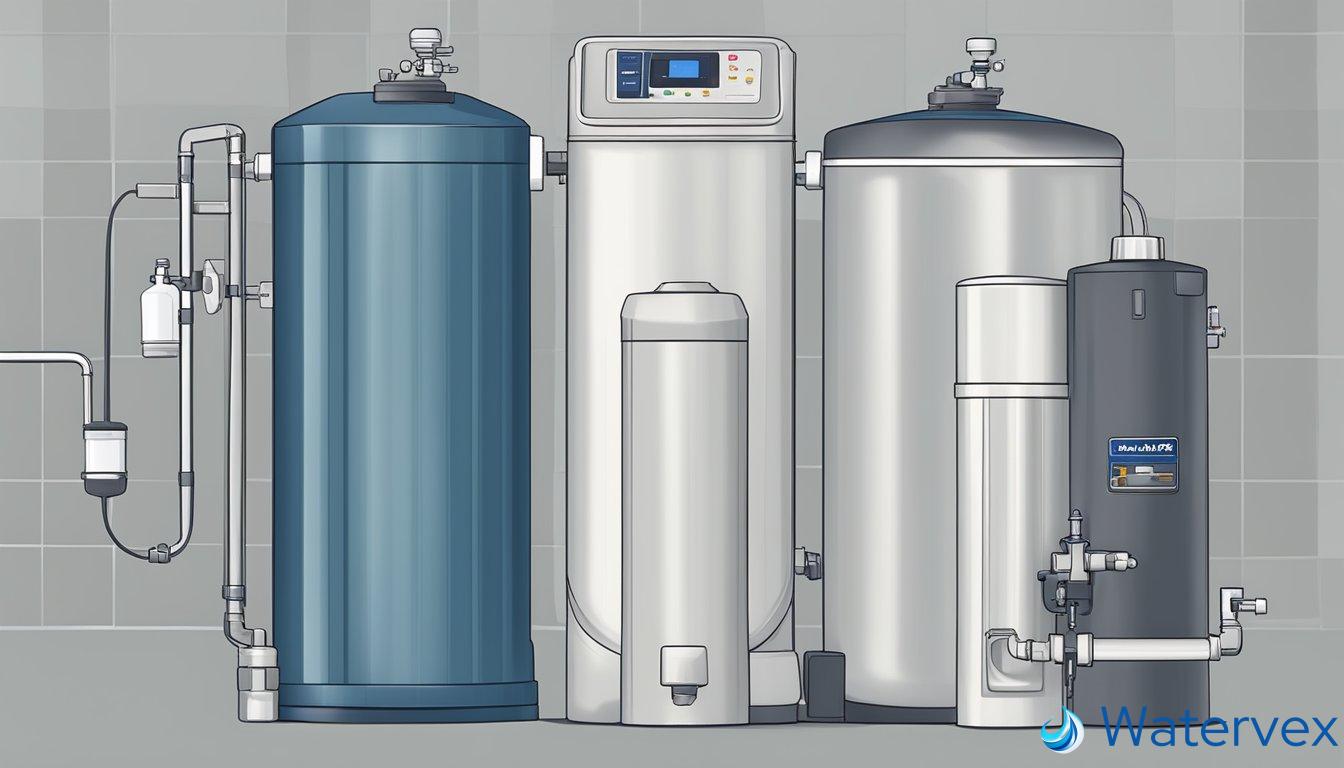In the world of home water quality, understanding the vitality of a water softener is paramount. Recognizing the signs of a malfunctioning unit can be the difference between enjoying soft water and dealing with the negative effects of hard water. Water softeners are designed to remove minerals such as calcium and magnesium, which cause hard water. However, like any appliance, they can deteriorate over time or encounter issues. When a water softener isn’t performing optimally, you may notice changes in water quality, such as an unusual taste, or a feeling of film on your hands after washing. To ensure your water quality is not compromised, it’s crucial to identify these signals early.

Proper maintenance of your water softener is essential to extend its life span and guarantee optimal performance. Lack of regular checks can lead to common problems such as blockages or salt bridges in the brine tank, both of which can impact the efficiency of the ion exchange process that softens the water. Other indicators of a compromised water softener include spotting on dishes, scale buildup around faucets, and a sudden increase in utility bills, which may hint at the system working harder to process hard water. Should these issues persist, it may be wise to seek professional servicing to assess and rectify the problem before it escalates into a larger concern affecting your home’s water systems and appliances.
Key Takeaways
- Identifying early signs of a bad water softener protects water quality.
- Regular maintenance prevents common water softener issues.
- Professional servicing may be necessary for persistent problems.
Identifying a Faulty Water Softener
When your water softener isn’t performing as expected, it’s crucial to pinpoint the problem quickly to maintain your home’s water quality.
Signs and Symptoms of Malfunction
Salt Bridging: One telltale indication of a malfunctioning water softener is the presence of a salt bridge. This crusty layer forms in the brine tank and can prevent your softener from cycling properly, often due to high humidity or excessive salt use.
Decreased Water Pressure or Flow: If you notice a sudden change in water pressure or reduced water flow, it could hint at sediment buildup or blockages within your water softener system.
Mineral Buildup: Hard water is laden with minerals like calcium and magnesium. A softener that’s on the fritz may leave telltale signs of hardness, such as scale deposits on your fixtures or appliances that weren’t there before.
Unusual Tastes or Smells: Water that starts to taste off or carries an odd smell is a red flag. This can mean that iron or other substances the softener usually handles are slipping through.
Resin Bead Issues: Inside your softener, resin beads play a crucial role. If they deteriorate or become coated with iron, your system’s efficiency may plummet, allowing minerals to persist in your water.
Watch for these signs in your water softener to address issues promptly, ensuring safe and pleasant water for your family’s use.
Maintenance and Troubleshooting
Proper maintenance ensures your water softener runs efficiently, while troubleshooting is key for when performance wanes. Detecting a problem early can save you from a bad water softening experience.

Routine Care for Longevity
Consistency is vital in maintaining the efficiency of your water softener. Engage in routine checks such as topping up the salt levels necessary for ion exchange. Over time, salt mushing can occur, where recrystallized salt forms a sludge in the tank; this situation calls for prompt cleaning to prevent clogging and inefficiency. Always ensure that the resin cleaning solution is optimal to maintain resin bead quality, which is essential for the ion exchange process.
- Check salt levels monthly.
- Clean the brine tank annually to prevent salt mushing.
- Use a resin cleaning solution periodically for resin efficiency.
DIY Troubleshooting Tips
When performance issues arise, a simple troubleshoot can be the first line of defense, potentially negating the need for a costly service technician visit. If you notice changes in water quality, begin by inspecting the pre-filter, often a culprit for reduced flow or blockage. Perform regular testing to assess the hardness of the water, ensuring your system isn’t compromised.
- Inspect pre-filter for blockages.
- Testing for water hardness monthly can reveal efficiency issues.
- Listen for irregular cycle sounds which may indicate internal problems.
By integrating these maintenance and troubleshooting steps, your water softener should remain in prime condition, safeguarding your home from the effects of hard water.
Professional Servicing

When maintaining the longevity and efficiency of your water softener, there are times when only the skilled hands of a professional can ensure proper function.
When to Seek Expert Help
If your experience with maintenance or troubleshooting has hit a wall, it’s time to consider enlisting a water treatment specialist. You’ll want to call for service when you:
- Notice water softener leaks or scaling which persist despite following the user manual’s care instructions.
- Hear unusual noises from your machines, which could indicate internal issues that require professional diagnostic skills.
- Experience changes in water quality, such as hard water signs despite having a softener installed.
- Encounter consistent problems with your water heater tied to mineral buildup, suggesting the softener might not be functioning efficiently.
- Identify a surge in utility bills that could point to an inefficient softener forcing other appliances to work harder.
A certified service technician will perform testing and thorough inspection of your plumbing system to check for signs of malfunction. They may execute a range of checks, including:
- Salt bridging in the brine tank, which could block the regeneration cycle
- Resin beads which might be compromised and require replacement
- Control settings and regeneration cycles for optimization
These experts have the knowledge and tools to identify issues that aren’t immediately apparent. They can dismantle components safely, provide maintenance advice tailored to your system, and help you decide whether repair or replacement of the unit is the best course of action.
Remember, regular servicing can not only fix immediate problems but also prolong the overall life of your water softener, safeguarding the quality of your home’s water supply.

